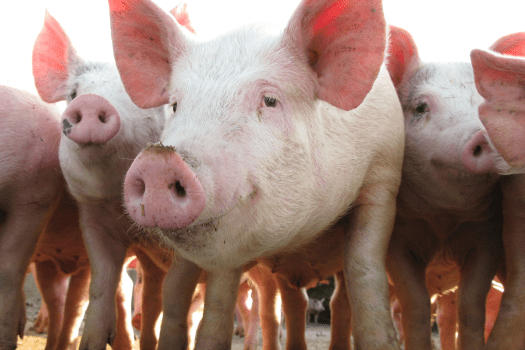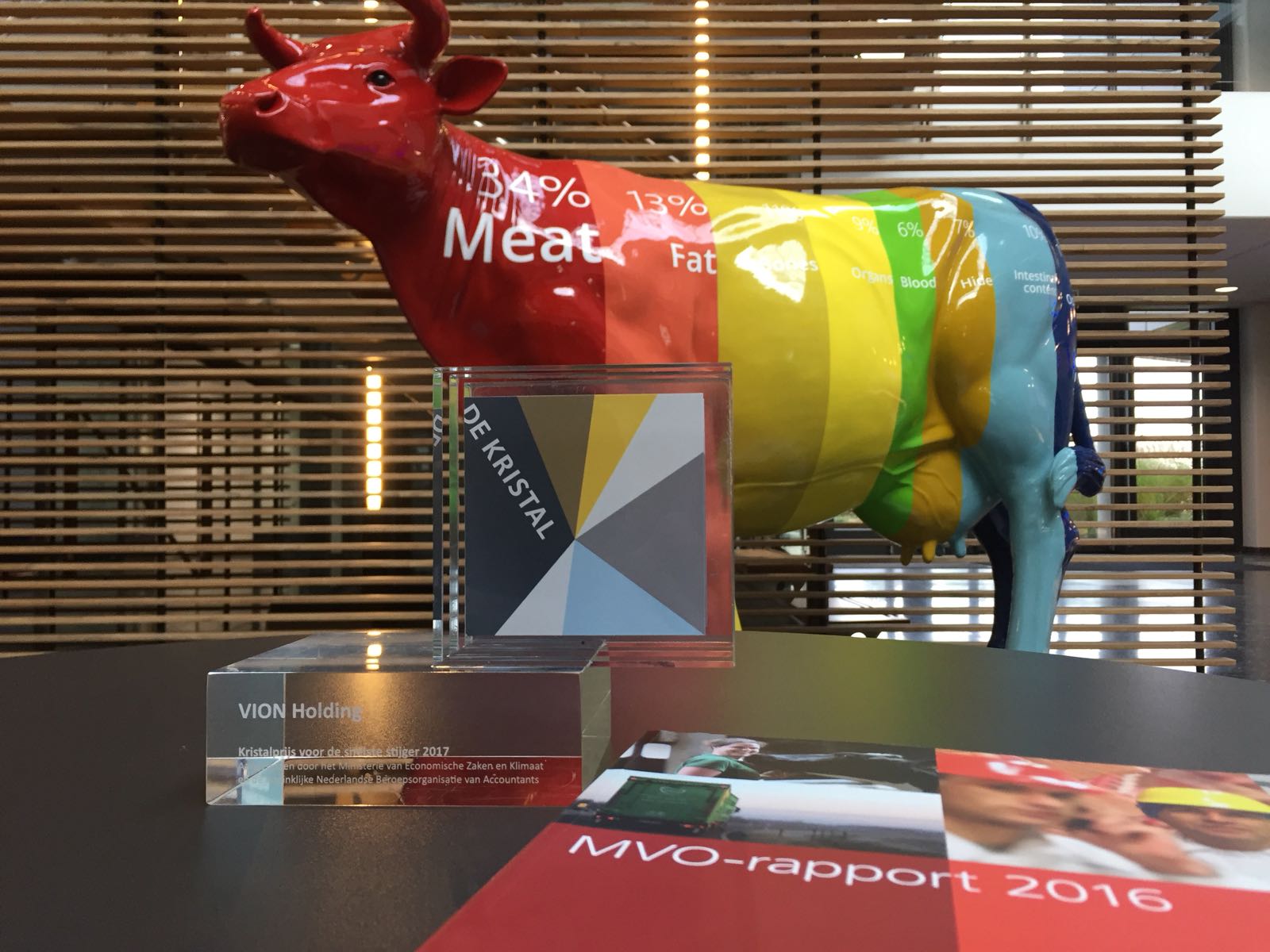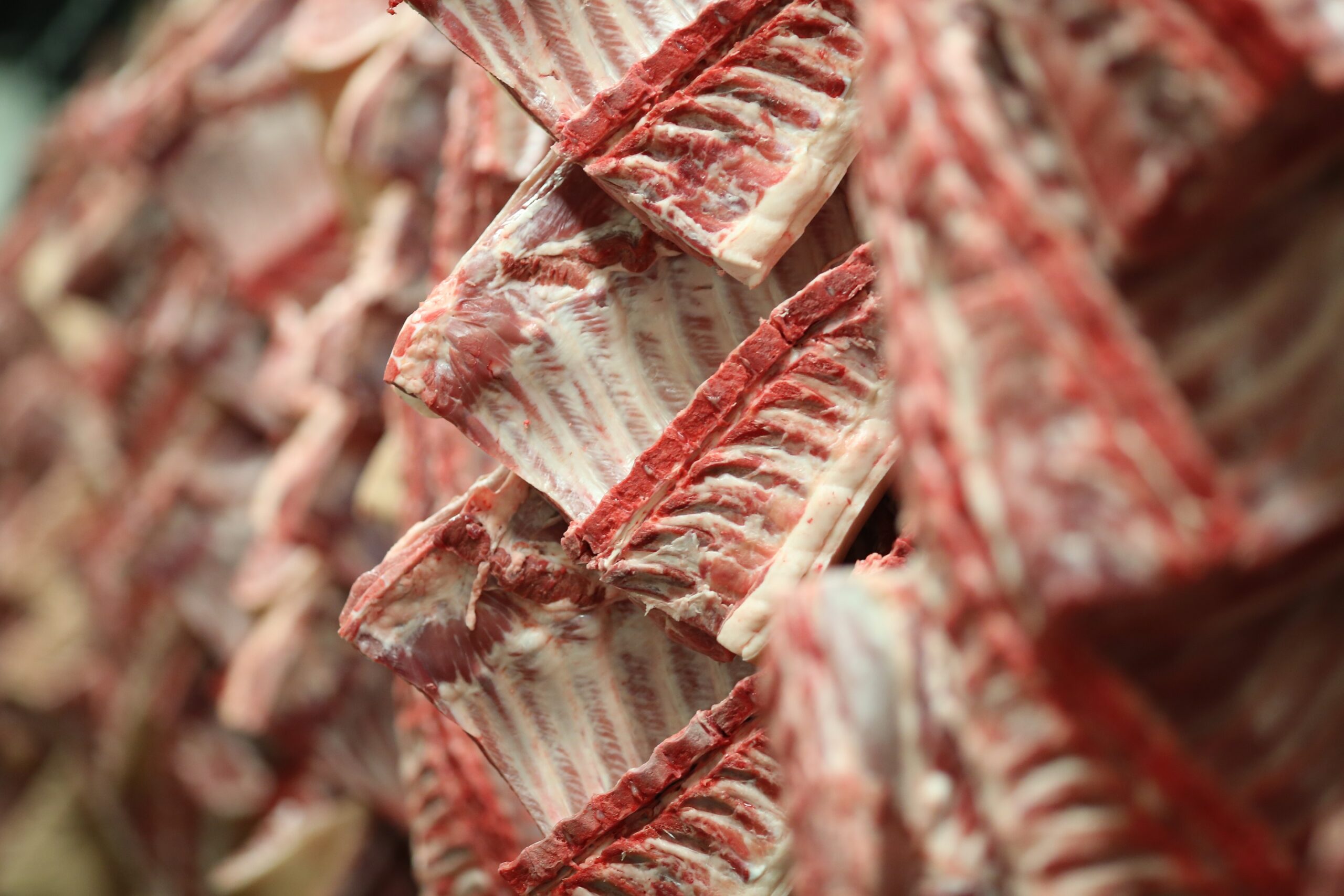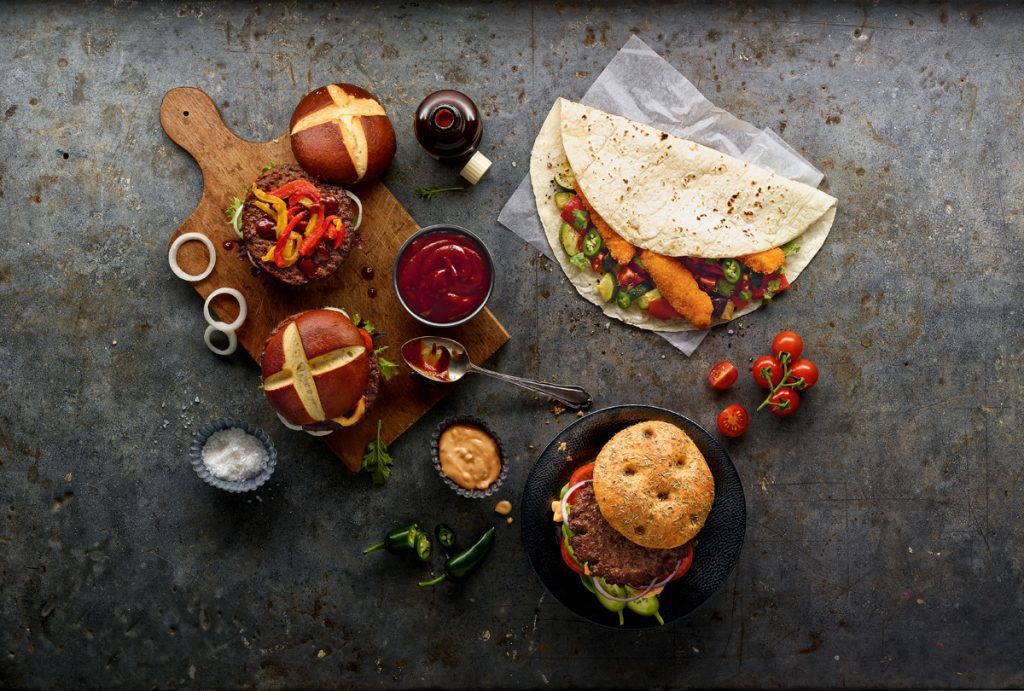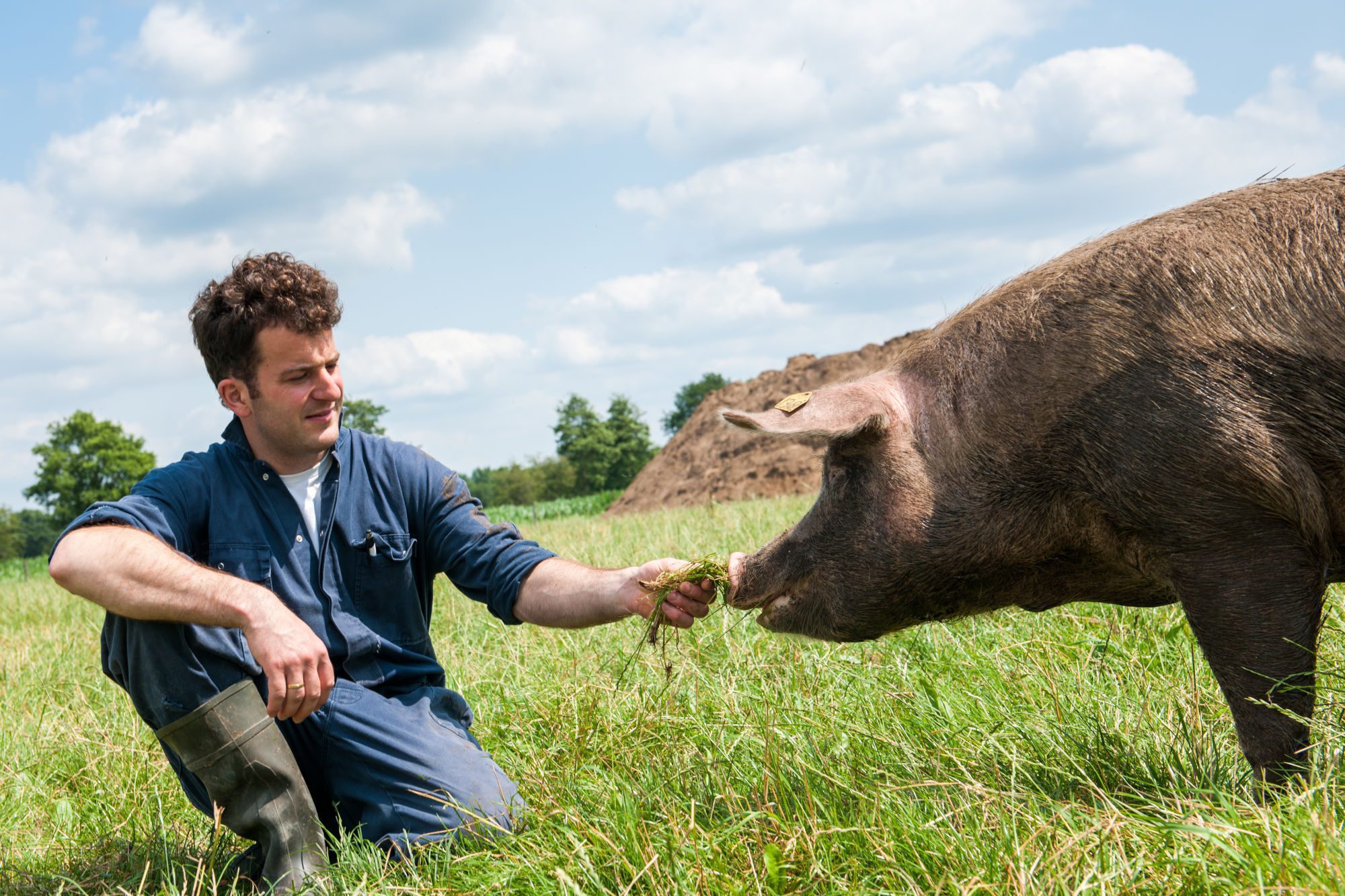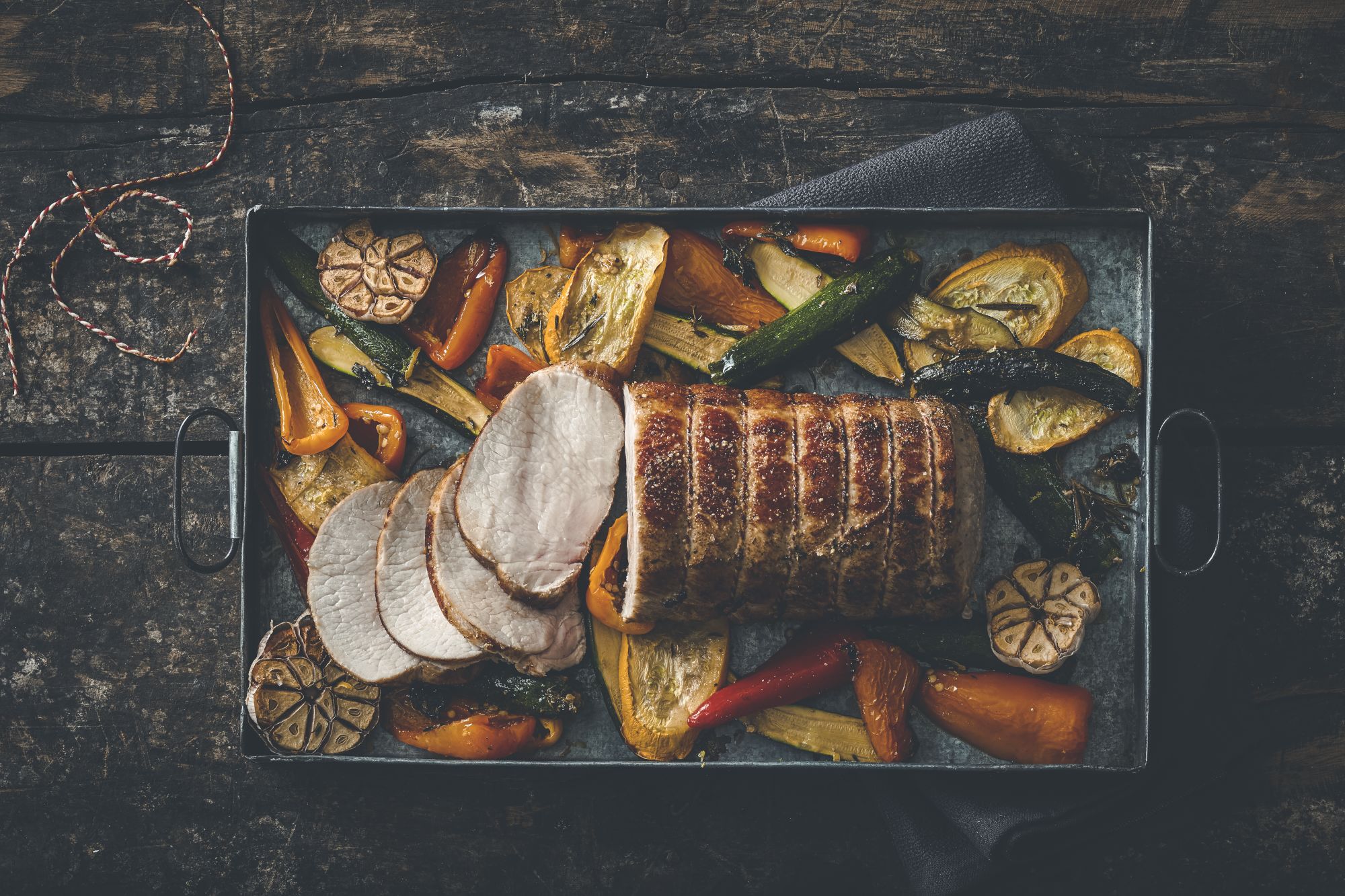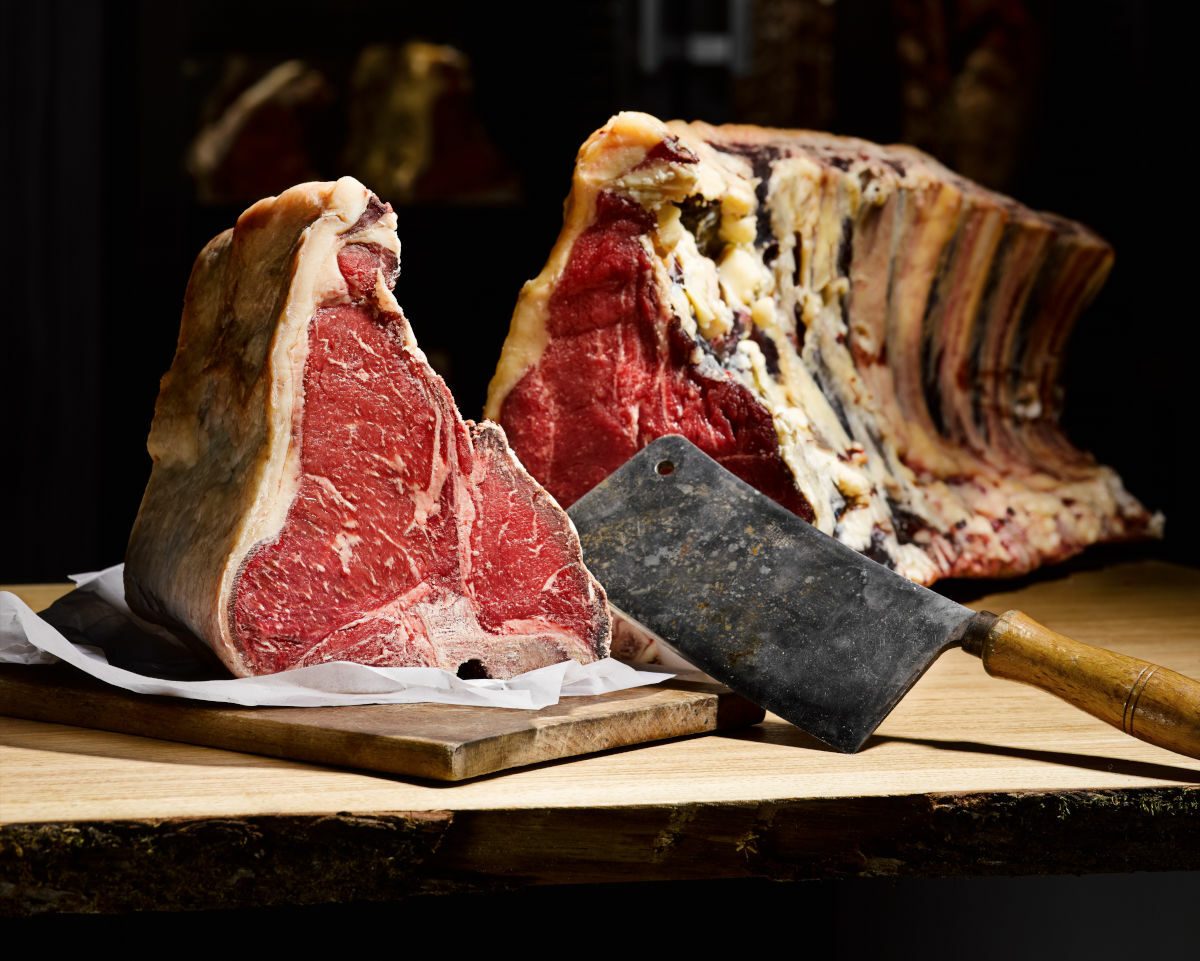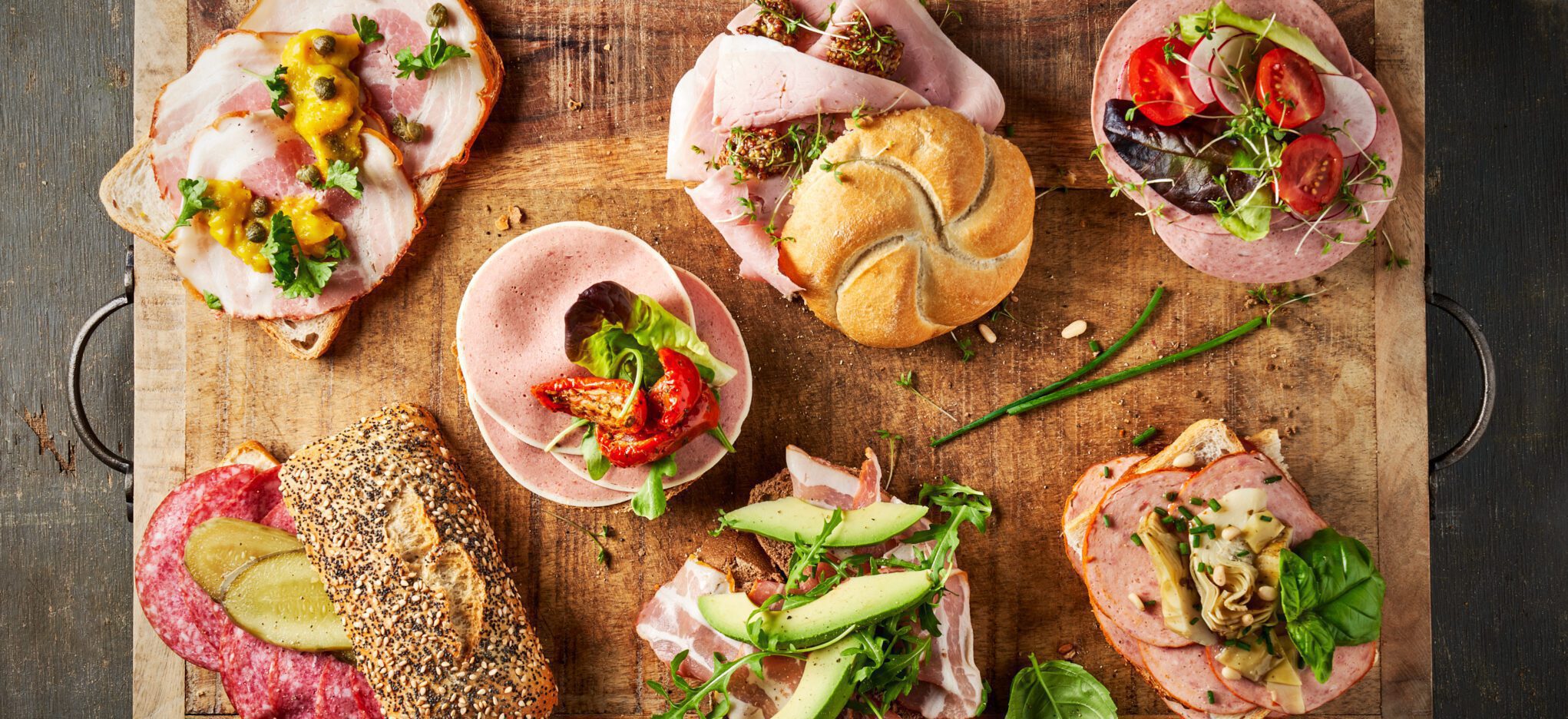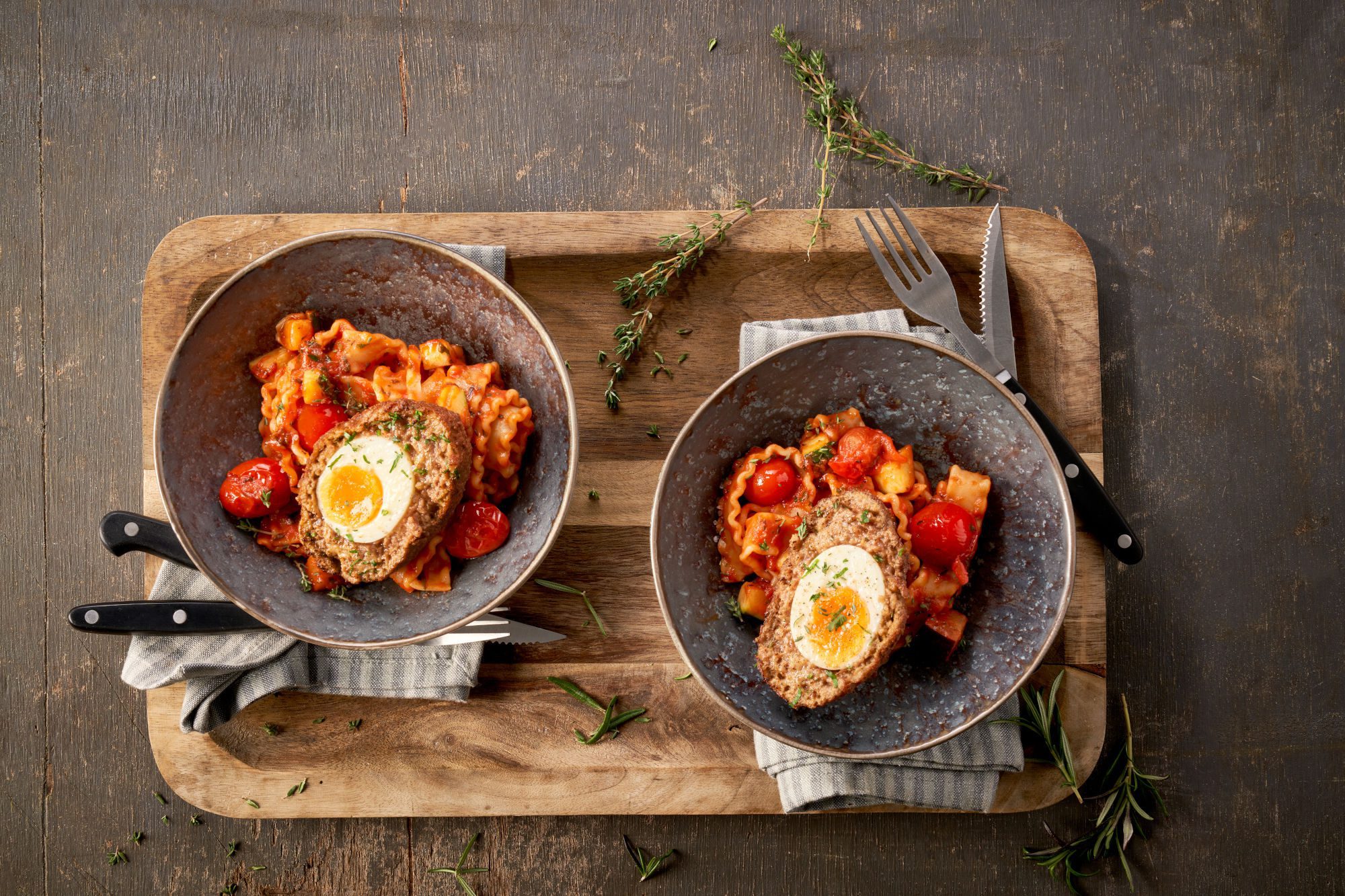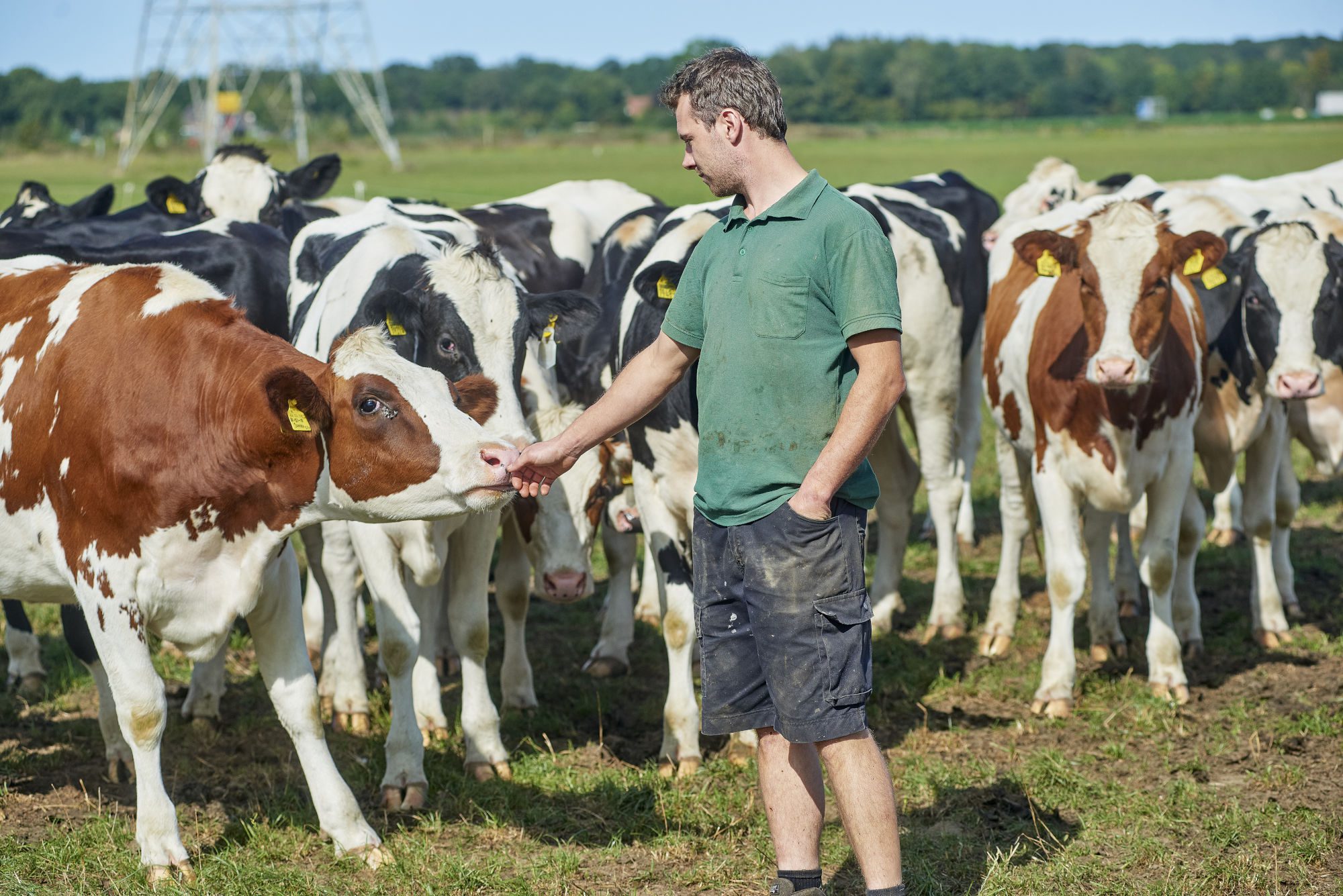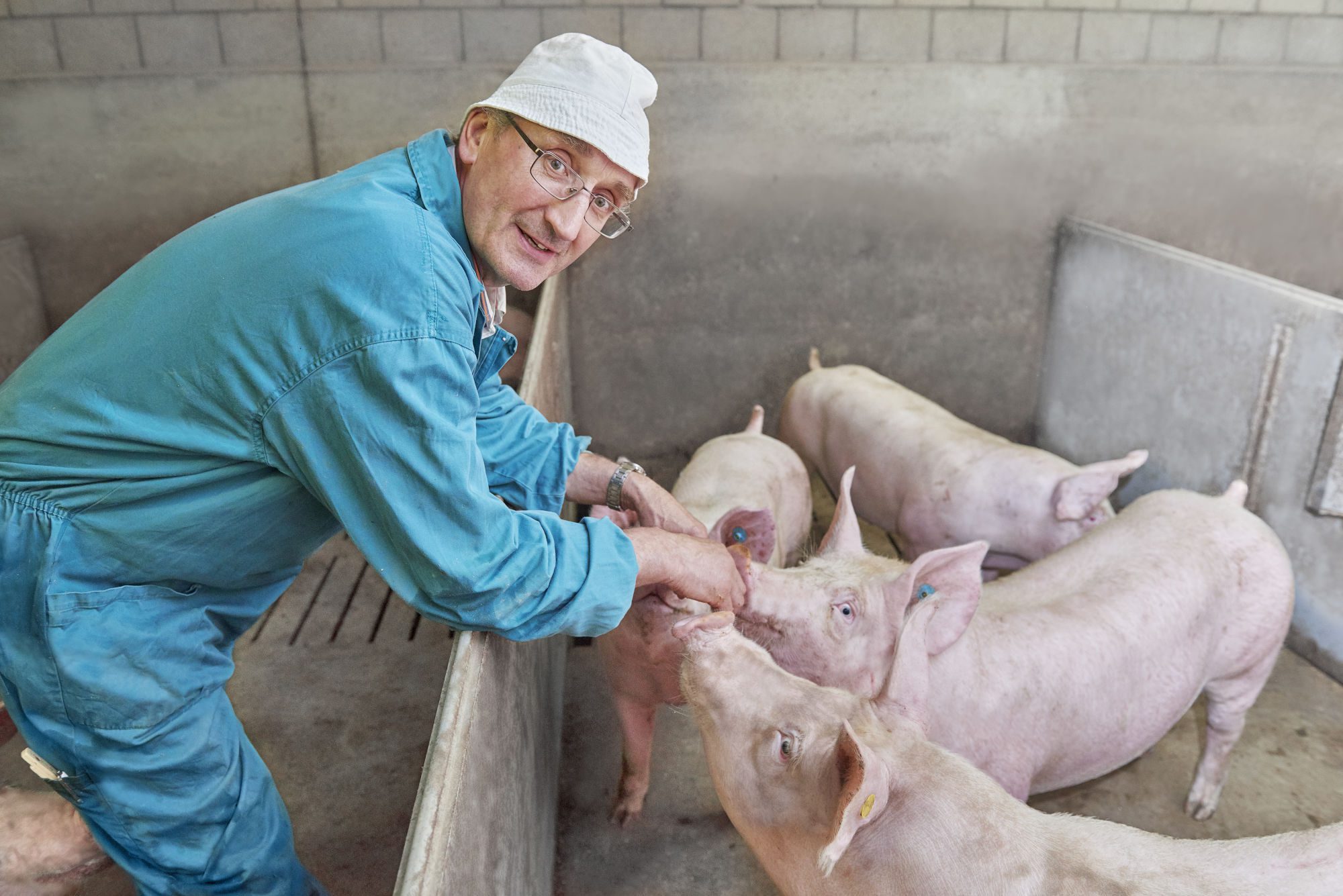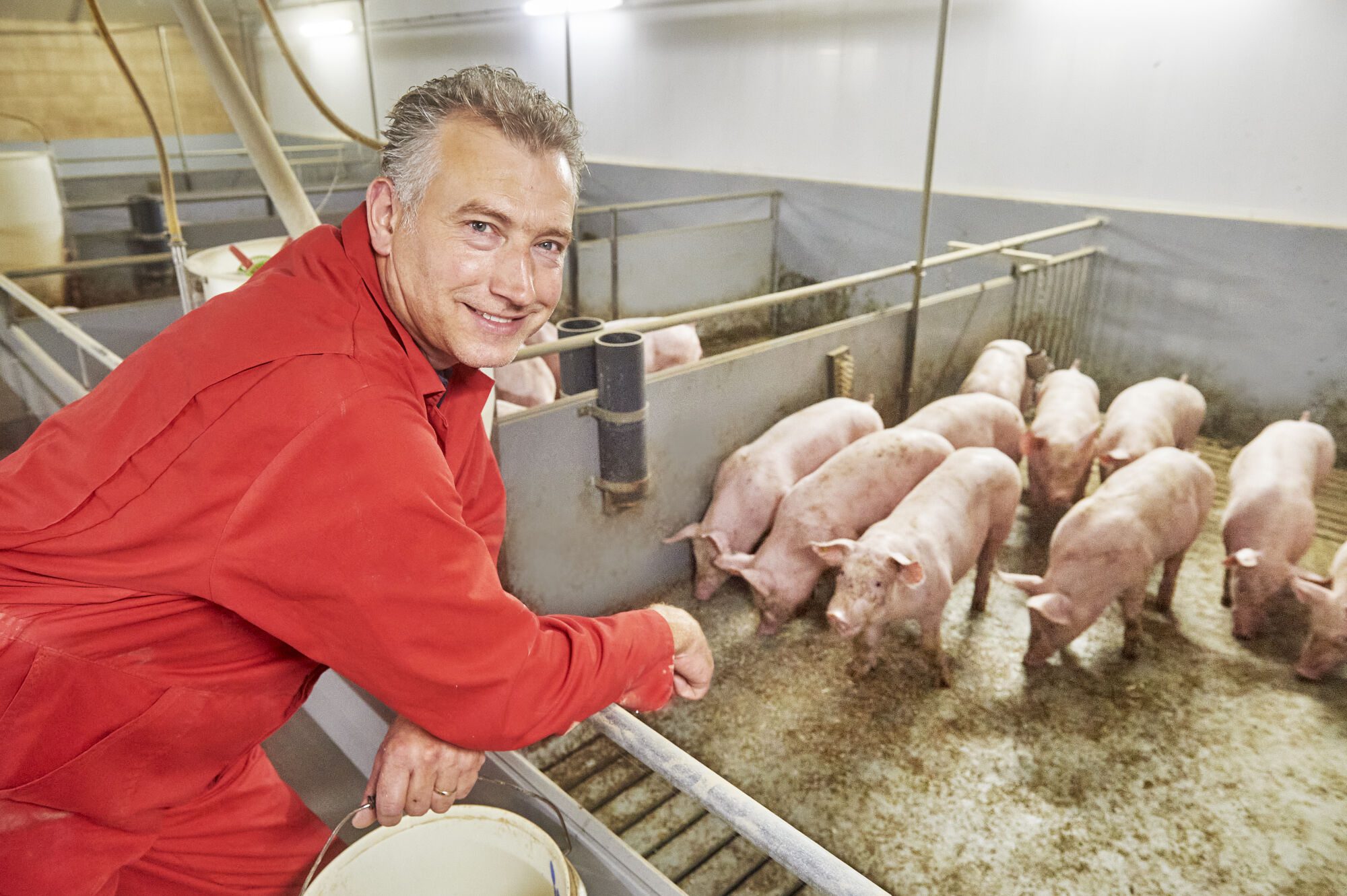
Animal welfare
Impact on society and Vion’s role
We focus strongly on animal health, animal welfare and local origin. By actively playing a role in improving animal welfare, in third-party certification schemes to minimise risks at farm level, in transport and slaughtering, we have a positive impact in the industry. However, we also have a negative impact, as eating meat involves killing animals. We use the policies and steps set out below to ensure we do our utmost to assure the welfare of each individual animal.
Read about animal welfare on our transparency website as well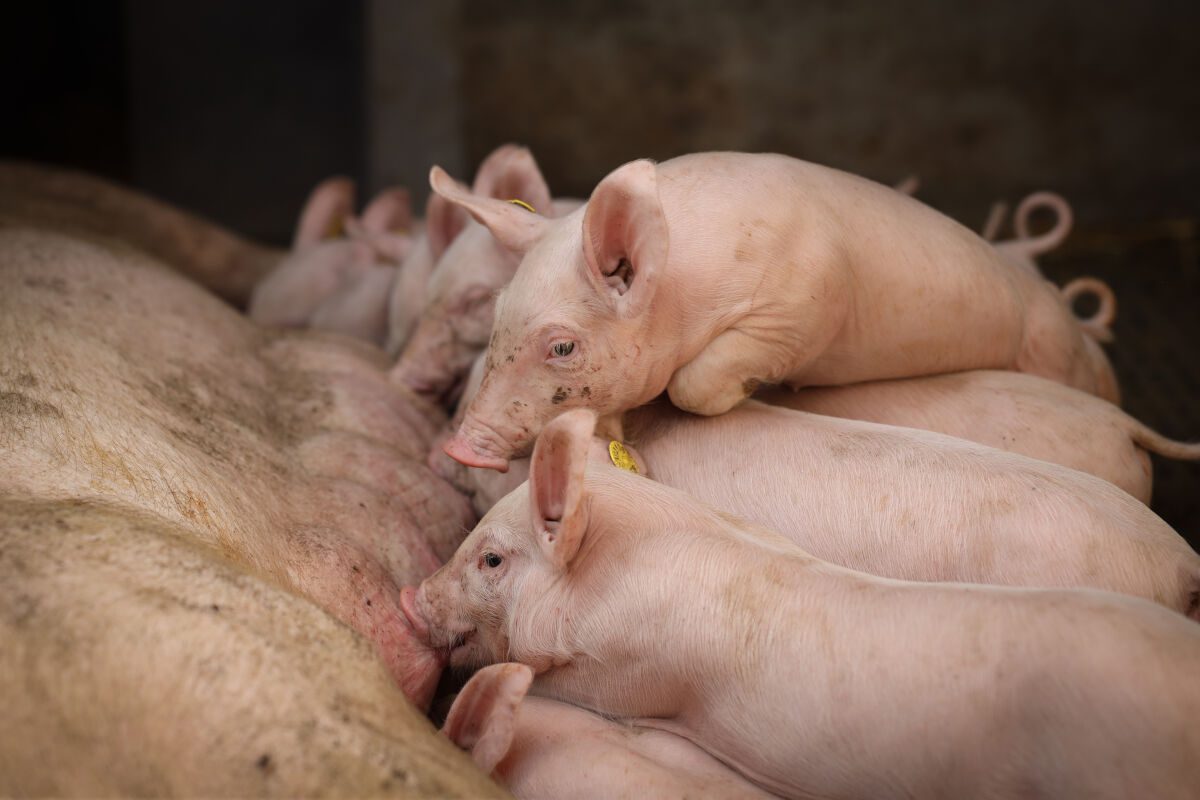
Our policy, commitment and objectives
Control of and transparency around animal welfare are key issues in our strategy to create trust in our products and supply chain. In 2024, we processed approximately 8.9 million pigs and 680,000 cattle at our production sites. We want to take the lead in animal welfare discussions, and we take responsibility for controlling the welfare status in the supply chain. Our goal is to scale up our animal welfare programmes so that by 2025, at least 25% of the meat we sell (measured by sold value) is certified under a recognised animal welfare, and to increase this figure to 50% by 2030.
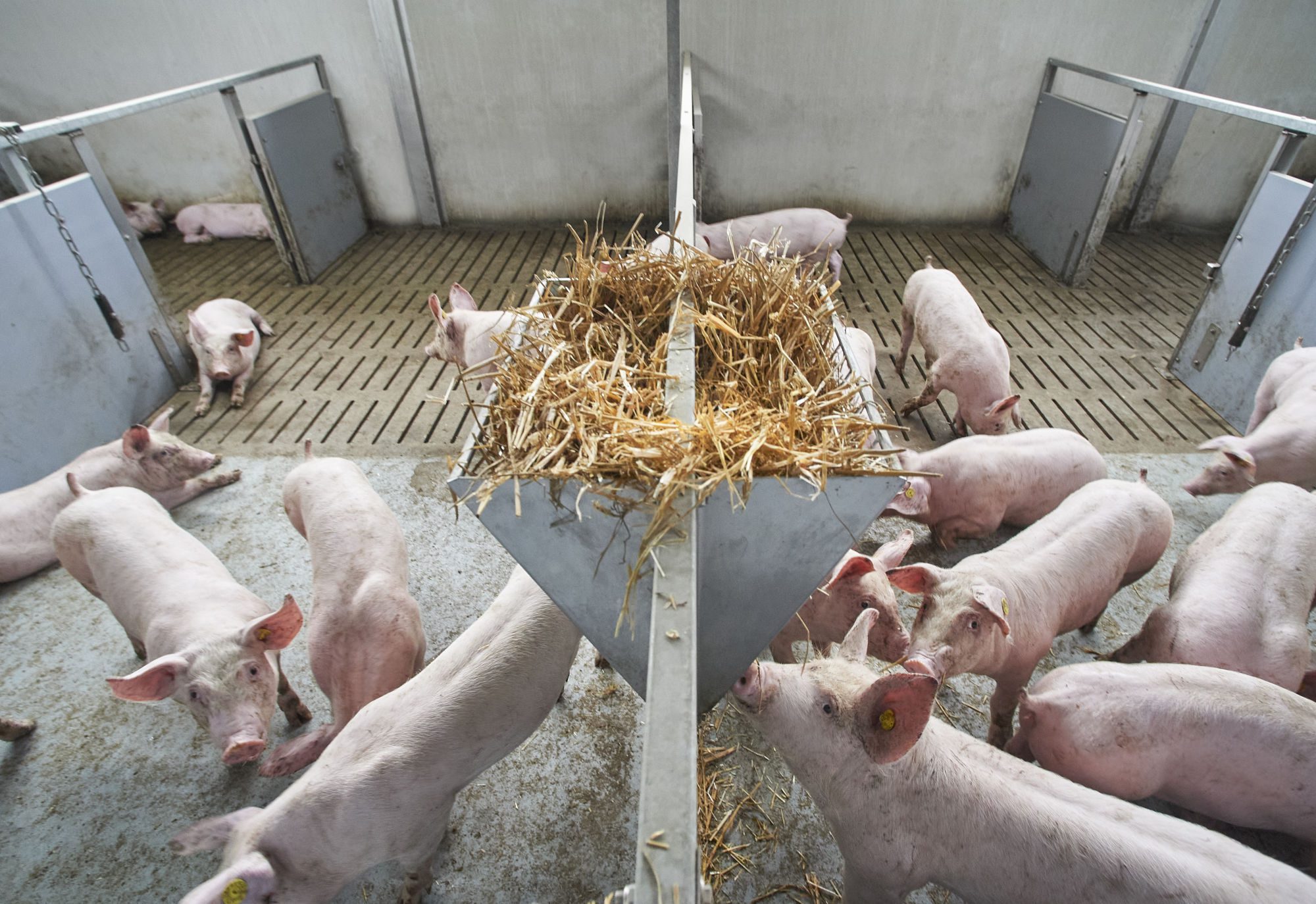
Our policy goes beyond the slaughtering process to also cover animal welfare at farms and during transportation. Under this we aim to:
- Control the welfare of each individual animal
- Assist farmers in the continuous process of improving animal welfare
- Provide hauliers with information and continuous education to evaluate and improve the transportation of animals
- Give assurance to customers, consumers and society with respect to the control of animal welfare in the supply chain
- To create trust by having a professional standing with regard to animal welfare and transparency with all stakeholders
We have animal welfare KPIs for the transportation, handling and stunning of animals, and we monitor these on a daily basis. It is obligatory for all animals to be properly stunned before slaughtering can proceed. Our aim is to achieve proper stunning at the first attempt. Every month, we report the figures to the executive committee. Regarding the slaughtering process, our target for 2023 is for 99.9% of animals to be properly stunned at the first attempt, so requiring no re-stunning.
Control of and transparency around animal welfare are key issues in our strategy to create trust in our products and supply chain
We work with farmers, customers and other stakeholders to stimulate and meet the increasing demand in the market for more animal-friendly meat. We favour using quality labels with standards for animal welfare and we work with stakeholders to develop these standards. Our Good Farming Star concept is based on the criteria of the Beter Leven Keurmerk 1-star label. More than 150 Dutch pig farms in our Good Farming Star supply chain are Beter Leven 1-star certified, and around 100 other farms are also Beter Leven 1-star certified. De Groene Weg not only conforms to the European organic standard, but is also certified with the Beter Leven Keurmerk 3-star label. Furthermore organic piglets are free from tail docking. This is valid for our organic chain De Groene Weg.
There is a strong link between animal welfare and livestock health. We therefore encourage farmers to invest in robust breeds. Dual-purpose breeds, such as Simmental in dairy production, not only provide more tasty beef with production that is more environmentally friendly, but their robustness generally derives from their suffering fewer diseases and a longer lifespan. Around one third of our cattle are dual-purpose or cross-breeds. The others are mainly dairy breeds.
In Germany, we are involved in working groups that aim to increase animal welfare at farm level in line with the “Initiative Tierwohl” concept of German retailers.
We enable the market to choose higher animal welfare standards in beef. We consider customers and consumers to be a very important driver in determining the development of animal welfare labels in the beef market and we are committed to developing this market segment.
The qualification of weidegang (access to pasture) is also actively stimulated in the supply chain and to consumers.
We take our responsibility for food safety and human health very seriously. With respect to antibiotics, there is a clear dilemma between the needs of animal welfare and the use of antibiotics. Sick animals need treatment with antibiotics so as not to compromise their welfare. However, the transmission of antibiotic resistance must also be considered in food safety assurance schemes. We have banned antibiotics that are considered to be critical for humans in all our pork supply chain programmes, such as Good Farming Star in the Netherlands. In addition, in 2022 we explored the possibility of expanding the list of banned antibiotics to also cover those antibiotics that are projected to be designated as critical to humans by the WHO.
Through several projects with universities, customers and ZLTO, we now know that Vion pork plays a minimal role in the transmission of antibiotic resistance to humans. Nevertheless, we are determined to remain vigilant and are developing a monitoring system to ensure that our products do not contain any antibiotic-resistant genes that are relevant to human health. Such genes form the essence of the problem around antibiotic resistance. To ensure our suppliers work according to our policy, we use a combination of the Dutch governmental monitoring programme plus our own monitoring programme to check for veterinary drug residues in animals slaughtered in the Netherlands. With this risk based programme, we can ensure that legal withdrawal periods are respected and that the animals in our supply chains do not contain any non- compliant substances.
How animals are transported is critical to their welfare, as the animals are handled and placed in unfamiliar settings. We have strict guidelines to minimise the stress animals experience and to ensure animal welfare. There are two important aspects at play with regard to transport: the transport distance and the circumstances in which the animal is transported. Vion’s policy is that animals that are in a poor condition must not be transported. The transporter must also fulfill the regulatory requirements for animal transportation. We use our decentralised network of appropriately sized locations to ensure that transport distances for the animals are as short as possible. In the vast majority of cases, the maximum transport distance is 200 km, which is equivalent to a maximum of four hours in transport. Good route planning helps to keep transport times below the legal maximum of eight hours. We publish data about the origin of livestock for each plant on our transparency website. In 2022, we ran an online and face-to-face training programme in Germany for all transporters of pigs and cattle. This covered the fitness of animals to be transported.
We take a broader responsibility with respect to
the welfare of animals delivered to us. In addition to a live animal inspection by the official (external/ independent) veterinarian, we conduct standardised checks at every unloading of the animals:
- All individuals who handle animals are specifically trained to recognise all relevant aspects of animal welfare.
- Every individual animal is examined to assess whether animal welfare is assured.
- Should there be any doubt whatsoever about the welfare of an individual animal, all resources are available to restore animal welfare, or to stun an animal according to best practices.
- Data concerning the welfare of animals delivered to Vion is shared with both the animal transporter and the originating farm. This data supports improvement programmes on animal health and welfare at the farm and during transport.
Data concerning the condition of animals received by us is not only reported to farmers and transporters, but also published every quarter on our transparency website (www.vion-transparency.com).
We acknowledge that animals can only be transported when weather conditions allow for a stress-free transport. During recent years, weather conditions have changed which have resulted in some days when temperatures have been too high to allow a stress-free transport. Since 2018, we are working according to a protocol to prevent heat stress during transport. This protocol takes effect when a temperature above 27°C is forecasted.
All animals within our care are always stunned before slaughtering. The stunning methods used at our plants comply with regulations, such as EU regulation 1099/2009. All animals are individually examined by trained staff between stunning and bleeding. With each sign (e.g. eye reflex) that could be related to sub-optimal stunning practices, an immediate re-stun of a carcass is mandatory.
We control animal welfare at all our slaughterhouses with measures that include:
- Having several of its own employees as animal welfare officers in all slaughterhouses. They are specifically qualified to assess the process and ensure the meeting of all animal welfare guidelines. All animal welfare officers receive regular animal welfare training.
- Training all employees who interact with live animals in animal welfare. Only trained staff are allowed to handle live animals.
- Monitoring the outcome of the Welfare Standard Operating Procedures and reporting on the KPIs.
- Monitoring the effectiveness of stunning and bleeding of all individual animals by trained Vion staff.
- Applying corrective and preventive actions in the case of non-compliance with internal standards. This is mandatory for each of our production sites.
- Consolidating and reporting animal welfare KPIs and additional relevant observations to the executive committee.
- Our expert veterinary team evaluates the performance of the individual farms and hauliers concerning animal welfare and animal health. This team also leads research and development projects to define and develop the next steps in animal welfare control.
When the competent authorities issue warnings or fines for a specific element in our process which needs improvement, we always publish those inspection results on our website.
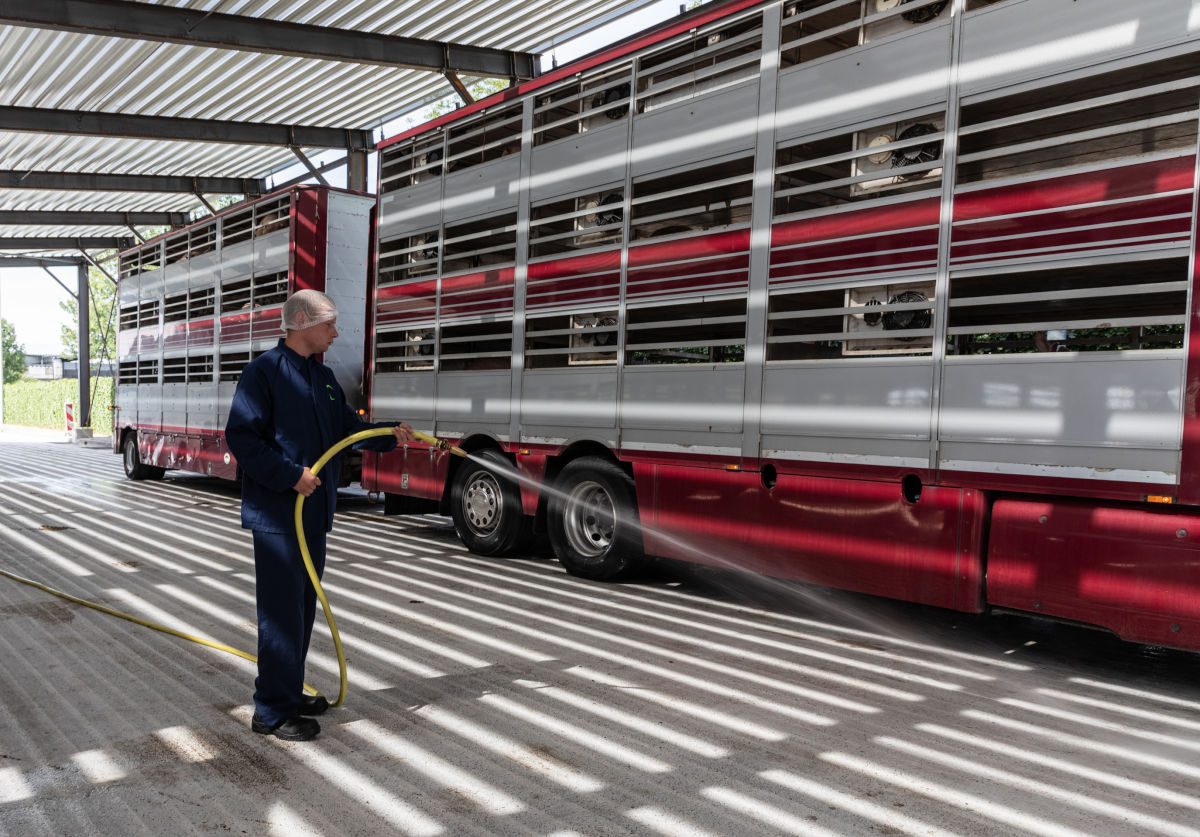
News & Stories
Calves with their own mother
A new project started in October with the calves born at the Mul family’s organic dairy farm are not only allowed to grow organically at the Van den Brink livestock farm; they are also allowed to spend the first three months of their lives growing up with their own mother in the pasture. Not only do consumers attach great value to allowing calves to stay with their mothers longer, there also are more and more studies that show that these calves develop greater resistance.
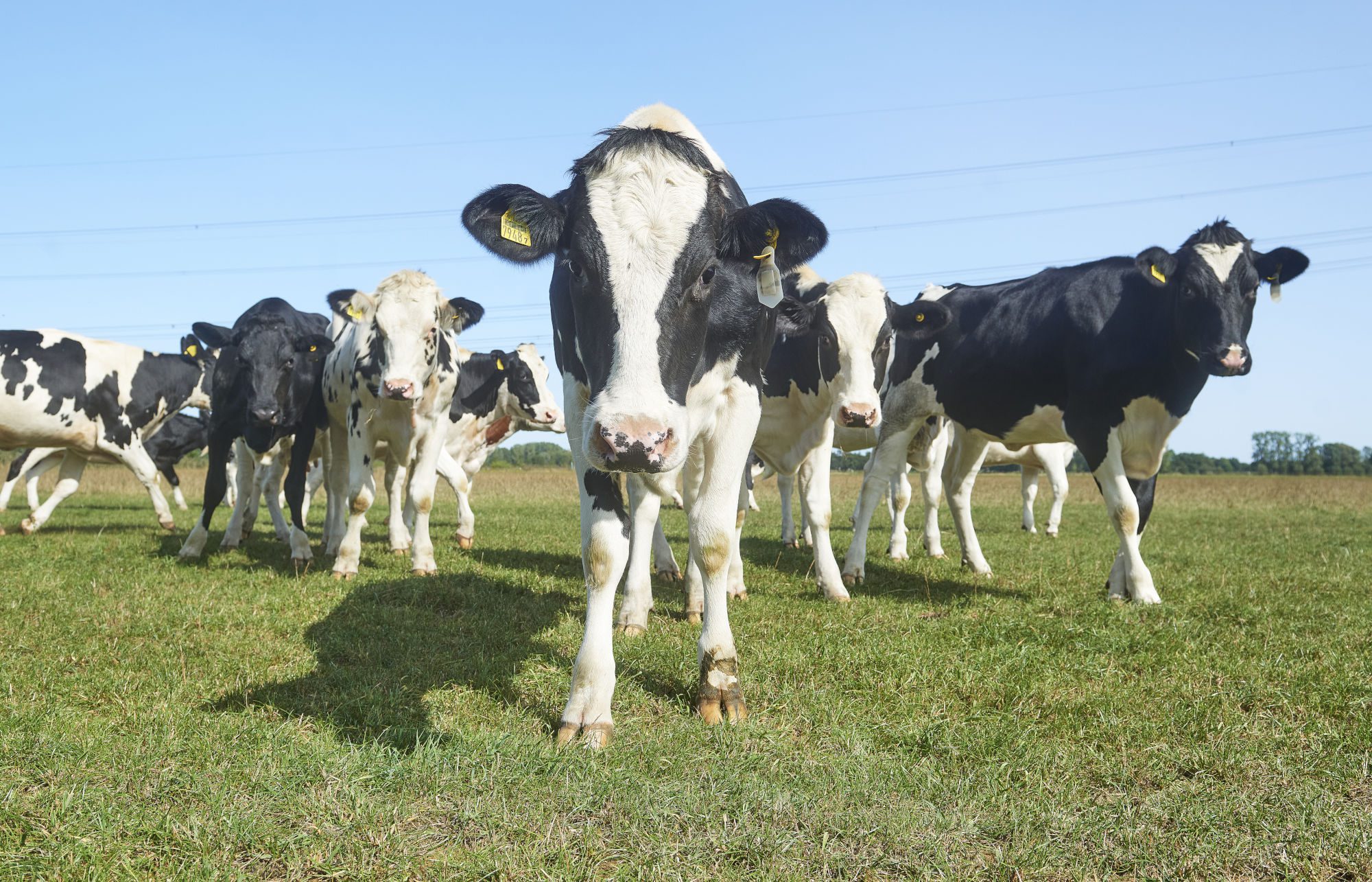
Vion’s performance in the Business Benchmark on Farm Animal Welfare
The Business Benchmark on Farm Animal Welfare (BBFAW) evaluates the world’s leading food producers, retailers and food service companies regarding their management and reporting of farm animal welfare. The report showed that Vion’s performance equated in 2022 to Tier 3 of the Benchmark.
Vion and an external animal welfare institute trained all our German pig and cattle transporters. The primary focus was on the fitnessof the animals to be transported.
Extreme temperature protocol
We have updated our extreme temperature protocol for days when temperatures exceed 27°C. Changes include:
- Lowering loading density during transport by 10%.
- Parking trucks in the shade and next to wind turbines.
- Spraying the road surface underneath parked trucks with water to reduce the temperature.
- Organising the trucks’ schedule so they arrive just-in- time and so reduce the waiting time before unloading.
- A maximum transportation time of eight hours for cattle and pigs.
- Germany: reduction of transportation time to a maximum of 4.5 hours when the outside temperature is 30°C or higher.
Should temperatures exceed 35°C, all animal transportation is halted. In 2022, this resulted in reduced slaughtering times, with one shift per day being removed from the schedule during several days of hot weather.
In both Germany and the Netherlands, we participate in the respective government’s African Swine Fever prevention team. Together with other stakeholders, we identified road and motorway parking areas as high-risk transmission locations. A number of measures had already been taken, such as installing boar-resistant waste bins, fences and signs. A number of Vion volunteers and others regularly audit these parking areas and, using an app, report their findings to highway maintenance teams. This is an example of effective cooperation between participants in the pork supply chain and the government.
The continuous improvement of animal welfare is in our DNA, leading us to take the following initiatives in 2022:
- The passage way for animals after transport at our plant in Bad Bramstedt, Germany, was refurbished.
- We are part of a scientific project with the Friedrich Loeffler Institute to find alternatives to stunning pigs with CO2.
- We conducted training programmes for animal welfare officers in Buchloe, Germany.
- In collaboration with several universities and other scientific institutes, we train our workers to handle animals kindly. The training is based on the animal’s natural behaviour. Everyone who works with live animals receives this training. Exceeding the minimum legal requirements, we have implemented a continuous education programme to ensure all workers are kept up to date on the scientific standards concerning animal welfare.
We publish all official observations by the government, such as warnings, fines and audit results, as well as third-party audits, on our transparency website www.vion-transparency.com. Through this, any stakeholder can check our performance regarding animal welfare, hygiene and product integrity.
Together with stakeholders including animal welfare NGOs and Deloitte, we have co-developed software, based on ArtificialIntelligence, that can analyse every minute of CCTV footage from our production sites and select anything that could be worthy of further investigation. The selection is reviewed daily and, based on this review, potential corrective actions take place. In January 2023 the tool was presented to minister Christianne van der Wal at the Grüne Woche in Berlin. This new software tool modernises the monitoring of animal welfare through the unique use of ArtificialIntelligence, setting a new standard regarding animal welfare monitoring worldwide. Having AI review all footage allows us to improve our animal handling more effectively. As of 2022, all our slaughterhouses are now equipped with this system.
Docking the tails of piglets to prevent biting has a long history in pig husbandry. Tail biting can cause serious problems for the welfare of the pig and the quality of the meat. It is therefore important to prevent tail biting.
A pig’s tail has a clear physiological and social function. The tail enables the pig to indicate whether it feels stressed or comfortable. Without a tail, the pig is missing part of its communication palette. For several years, we have encouraged farmers to adjust the point of docking, so that pigs’ tails are long enough to enable them to communicate.
The challenge of tail biting lies in the multifactorial causes. Tail biting occurs when pigs feel uncomfortable. The cause can be disease, farm management, the pig’s housing or a mismatch between its genetics, housing or management. Farmers therefore need to follow a tailor-made approach to ensure that any decision to cease docking entirely is the correct one. This is why we believe in taking an incremental approach to increasing the length of the pig’s tail. And it is working, because the average length of a pig’s tail has increased.
Nevertheless, we still see that tail lengths clearly differ from farm to farm. We need more objective information to persuade farmers to abide by this aim. We need to measure every pig’s tail if we are to know exactly what the average length is at every farm. So, to do this, we have developed a fully automatic measuring system. Using a so-called ‘vision’ system, we measure the tail length of each individual pig. This gives us an insight into the performance of the whole farm. We can then compare farms and get farmers to learn from their peers. We believe that by starting a conversation about tail size that is based on actual information, we can get the remaining farmers to alter their tail docking practices. And this in turn will contribute to a higher standard of animal welfare.
We are part of a scientific project with the Friedrich Loeffler Institute to find alternatives to stunning pigs with CO2.
News & Stories
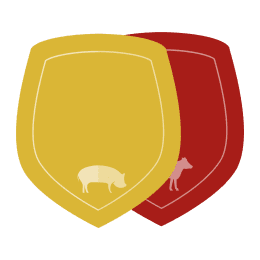
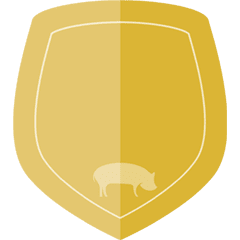
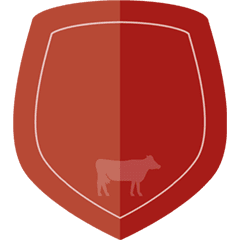
Clarification of the results
Our very strict rules relating to re-stunning result in the re-stunning of animals that are in fact already effectively stunned. Due to the biological and physiological mechanisms in animals, a certain percentage of stunned animals will show signs that could be interpreted as being related to consciousness despite effective stunning. The policy is that it is better to be sure than wrong.
This KPI therefore shows both the effectiveness of the stunning and the alertness of the workers on the line to act when needed. Therefore, the actual figure for no re-stun required will never be 100%.

